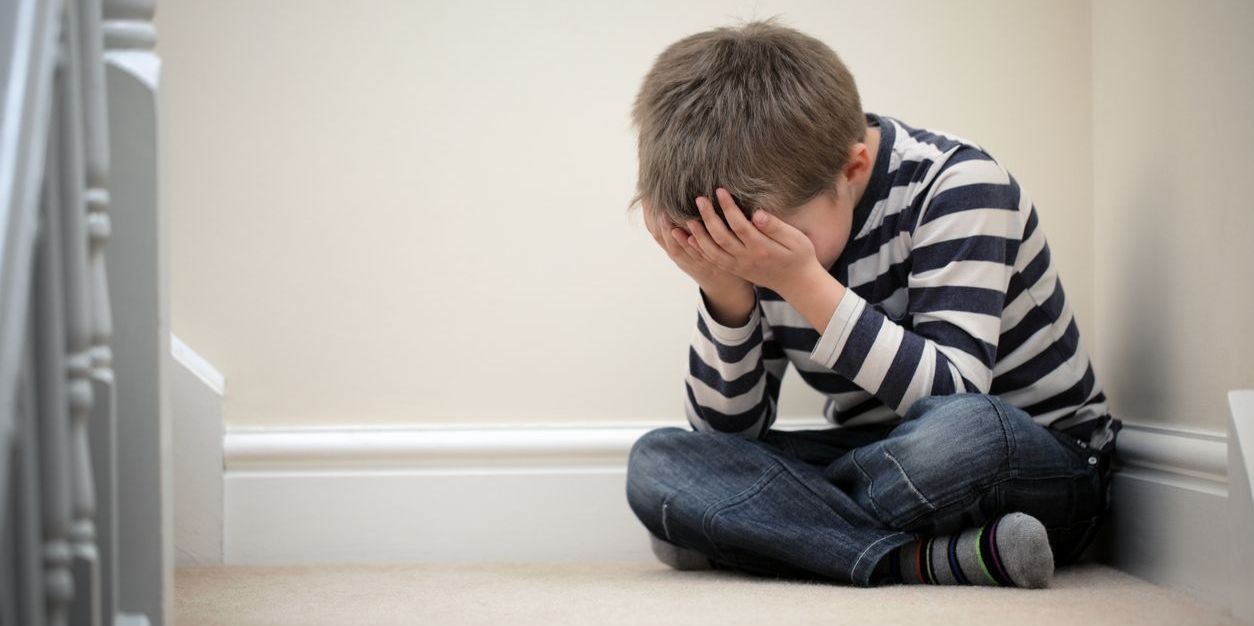
How Stress Affects Children
Stress isn’t just something adults deal with, children can feel it too. Between the ages of 5 and 11, children are learning to navigate the world, build friendships, and handle increasing expectations at home and school. While short bursts of stress (like sitting a spelling test) can be normal, ongoing stress can affect a child’s wellbeing, confidence, and even physical health.
Everyday Causes of Stress in Children
Home Life and Family
Children are very sensitive to what happens at home. Arguments between parents, changes in routine, moving house, or financial difficulties can leave them feeling worried and unsettled. Even smaller changes, like a parent being away for work or a new baby in the family, may trigger stress.
School Pressure
School is often one of the biggest sources of stress for children. Homework, tests, learning difficulties, or worries about not doing well can lead to anxiety. Children may also feel stressed if they struggle to keep up in class or if they feel they aren’t getting enough support.
Friendships
Making and keeping friends is important at this age, but it can also be challenging. Arguments, bullying, or feeling left out at playtime can cause distress. Peer acceptance matters a great deal, so difficulties in social groups can feel overwhelming to a child.
Social Media and Technology
Although younger children may not use social media as heavily as teens, many are already online. Exposure to unsuitable content, pressure to fit in, or comparing themselves to others can lead to worry and low self-esteem. Too much screen time can also affect sleep and increase stress.
Peer Pressure and Societal Expectations
Even at this young age, children can feel pressure to "fit in" – whether it’s wearing the "right" clothes, having the latest gadget, or meeting academic expectations. They may also be aware of wider issues, like climate change or news events, which can create feelings of fear or confusion.
Signs of Stress in Children
Stress in children may not always be obvious. It can show up as:
- Frequent headaches or stomach aches with no medical cause
- Trouble sleeping or nightmares
- Irritability, tantrums, or sudden mood changes
- Avoiding school or activities they usually enjoy
- Withdrawing from friends or family
- Difficulty concentrating in class
Tools to Help Children Manage Stress
For Parents
- Keep routines predictable - Consistency at home helps children feel safe and secure.
- Encourage open conversation - Let your child know it’s okay to talk about worries without judgement.
- Model calm behaviour - Children often copy adult responses. Showing healthy coping strategies sets a strong example.
- Balance screen time - Set clear limits around devices and encourage offline play.
- Promote healthy habits - Plenty of sleep, good nutrition, and physical activity help reduce stress levels.
For Teachers
- Create a supportive classroom - Celebrate effort, not just results, to reduce pressure.
- Teach calming techniques - Simple breathing or mindfulness activities can help children refocus.
- Watch for signs of stress - Be aware of changes in behaviour and work with parents if needed.
- Encourage friendship skills - Group work, kindness activities, and anti-bullying initiatives can support positive peer relationships.
- Offer breaks - Short brain breaks or physical movement during the day can release tension.
Helping Children Build Resilience
While stress is part of life, learning to handle it is an important skill. By teaching children how to express their feelings, solve problems, and ask for help, parents and teachers can help them grow into resilient and confident individuals.
😴 Sleep Aids & Accessories
-
Blackout Curtains
-
Herbal Teas
-
Lemon Balm
-
Sleep Masks
-
Weight Blankets
-
Weight Eye Pillows






























